HM Revenue & Customs (HMRC) has successfully appealed to the Upper Tribunal Chamber (UTC) against the decision in the First Tier Tribunal (FTT) that HMRC’s decision to refuse Brobot Petroleum an excise duty Deferment Account Number was unreasonable.
However, Alan Powell, who represented Brobot at the FTT appeal, said that while the verdict is disappointing, he believes there is still room to fight. He explained: "Firstly, Brobot had been taken over by another company between appeals and neither I nor anyone else had been instructed to defend the appeal. Consequently, HMRC’s arguments were not contested. Secondly, and it is important to stress, the decision does not mean that retailers cannot be approved to defer duty on fuel themselves. Of course they can. The point at issue is whether HMRC was unreasonable in refusing to issue a deferment account number (DAN) to Brobot. The company already had approval by HMRC to defer duty with nil security under the EPPS scheme, but did not have a commitment from its supplier for sales under deferment terms. This was the ’chicken and egg’ situation no DAN, no supplier; no supplier, no DAN. However, from the facts and witness evidence available in the FTT decision, the judges in the UTC appeal essentially find that HMRC could not be satisfied that Brobot was, at the stage of application, capable of becoming an owner of goods in duty suspension and that the FTT fell into the error of substituting its own judgement for that of HMRC."
Powell also pointed out: "HMRC’s policy on who can be approved to defer duty is set out in public notices, mainly Notice 101 (which HMRC had to agree does not have the force of law) and, in this case, Motor Fuels Notice 179 (the tribunal was apparently unaware of other notices dealing with excise deferment). Those who may defer duty are limited in Notice 101 to importers, owners of goods in warehouse or free zone or agents, but it should be borne in mind that HMRC’s deferment policy is actually operated by a customs unit. In reality, the policies set out in Notice 101 and indeed, the application forms for deferment, based on custom requirements, are in need of review as to whether they are fit for purpose for excise matters." Powell was highly critical of HMRC’s actions, explaining: "The absolutely key thing that seems to have got lost in both tribunal decisions is HMRC’s alleged but unsubstantiated assertion of there being a risk to the revenue. In particular, the decision by HMRC’s supposedly independent Reviewing Officer boiled down to a single sentence ie ’the lack of evidence presented (by Brobot) demonstrates a risk to the revenue and I consider there to be a "reasonable cause" to reject the approval in question’.
"That officer provided nothing to back up this astonishingly bald statement, despite being pressed to explain this ’risk’, it being the sole reason for the rejection of the deferment application and the focus of the FTT appeal. Under cross-examination, HMRC’s officer who made the original decision was also repeatedly asked to explain this alleged ’risk’, which he could not do either, instead referring back to what was printed in HMRC’s notices. So nobody in HMRC could justify or substantiate the reason they rejected Brobot’s application in the first place. This is manifestly unreasonable, but in reality HMRC was never prepared to listen to the application fairly or reasonably."
Powell said that in fact, there was no risk to the revenue in such a situation. He added: "This is abundantly clear from the fact that owners of oil in excise warehouse are expressly excluded from being required to be approved and registered by HMRC under the Warehousekeepers and Owners of Warehoused Goods Regulations 1999 (WOWGR). These regulations were introduced by HMRC to combat risk in the excise regimes and are applied strictly to alcohol and tobacco traders but not to oil, for which there is no risk.
"Furthermore, for the purposes of deferring duty, persons trading in alcohol and tobacco holding deferment accounts have never needed to own such goods in warehouse at all. Indeed, petrol retailers who had been approved for EPSS were also given deferment accounts by HMRC for alcohol and tobacco despite those retailers not making any such application! But HMRC would not assent to an oils deferment approval (in Brobot’s case) because of so-called and unsubstantiated revenue risk.
The blame for this situation is shared, says Powell: "This utter shambles of contradictory policy is a consequence of the Treasury and HMRC simply not wanting petrol retailers to defer duty (the Treasury has actually told me so in meetings with the PRA), preferring to maintain the status quo by which the suppliers benefit from deferment terms and retailers bear the attendant burdens. Those government departments have, in effect, ’stacked the deck’ against retailers, and have no shame in doing so. Nevertheless, the supply chain dynamic is recorded in the first Tribunal decision and the facts were not under dispute in the higher appeal. It is worth remembering that. It is also interesting to note that the UTC appeal decision states that ’There is no provision for duty-suspended movement of motor fuels in the UK’. I respectfully disagree. There is no statutory prohibition of such movements in UK law and HMRC operates a discretionary policy as to when it will allow such movements."
Powell says the UTC verdict sets a precedent making challenging HMRC more difficult, but it may be subject to further appeal because the decision impacts adversely on other industries which have hitherto enjoyed access to full deferment.
The original case
In September 2015 Brobot Petroleum, successfully appealed via the First Tier Tax (FTT) Tribunal against HM Revenue & Customs (HMRC) imposition of unreasonable conditions to obtain an excise duty Deferment Account Number: Oil Products.
The case was prepared and presented by Alan Powell for Alan Powell Associates Ltd, a specialist excise duties consultancy. After the FFT verdict Powell explained: "The case confirms that petrol retailers are entitled to defer excise duty on fuel delivered to them from bonded terminals with nil security.
"Furthermore and the crux of this matter HMRC must grant such approval where the need to defer duty on fuel is demonstrated by the retailer".
He explained that deferring the duty on fuel provides a number of significant benefits, which include: credit on the duty payable to HMRC extended to the full length (up to 31 days) for the retailer; and elimination of charges held by suppliers against some of the retailer’s properties as a condition of a shorter period of credit.
He added: "The ability to buy fuel under duty deferment arrangements would also help to eliminate most of the conditions that lead to apparent stock losses on each and every delivery of fuel from suppliers. In reality, these losses occur due to HMRC’s neglect to enforce its own law and policies."
In evidence Brobot director Eddie Bright told the tribunal judge he suffered stock losses due to vapour recovery and other delivery issues which he estimated at more than £120,000 a year. The judge recorded in his decision: "Mr Bright (managing director) considered that Brobot could mitigate these losses if they were approved by HMRC to defer duty. They would then be able to purchase fuel in bond at the storage terminal, prior to the fuel passing the duty point on being loaded onto road tankers. This would mean in particular that:
(a) Brobot would become liable to account to HMRC for excise duty on the fuel (rather than the original supplier). The supplier would no longer have the risk of having to pay the duty notwithstanding a default by its retailer customer. As a result, Brobot would no longer have to provide a charge over their properties to suppliers, and they may be able to negotiate longer credit terms; and
(b) Any refund of duty on fuel recovered under vapour recovery systems would be refunded to Brobot.
HMRC was forced to consult on new regulations on vapour recovery after the FFT verdict and has yet to introduce a new regime.























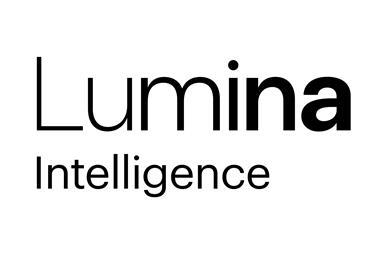
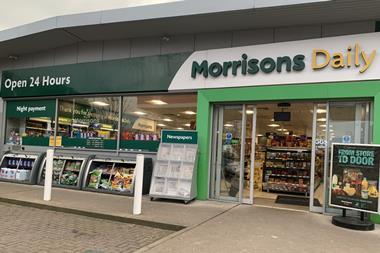
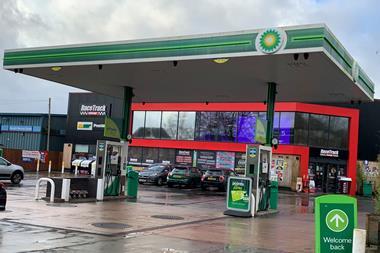

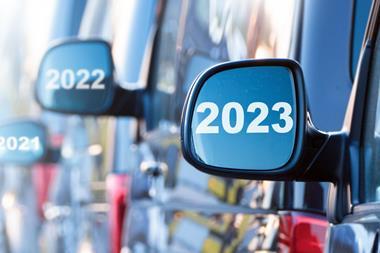
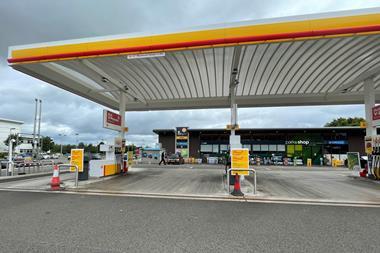
No comments yet